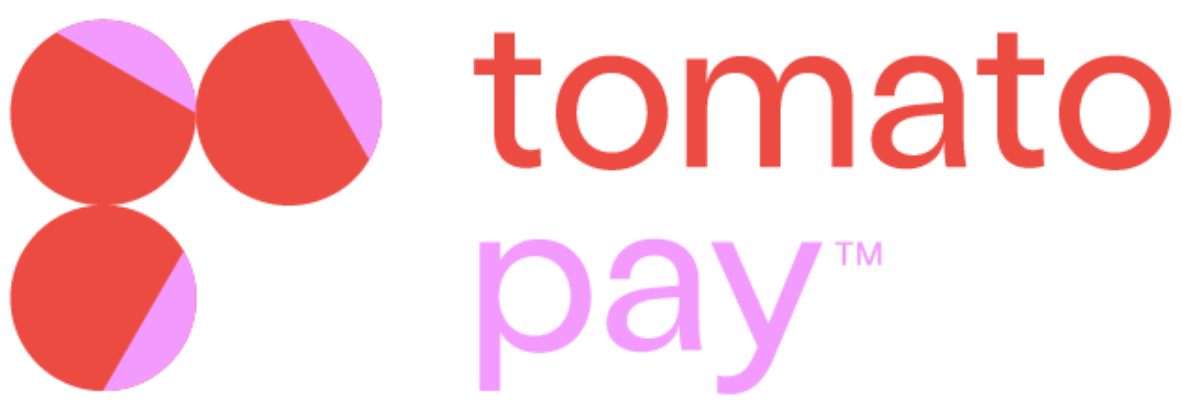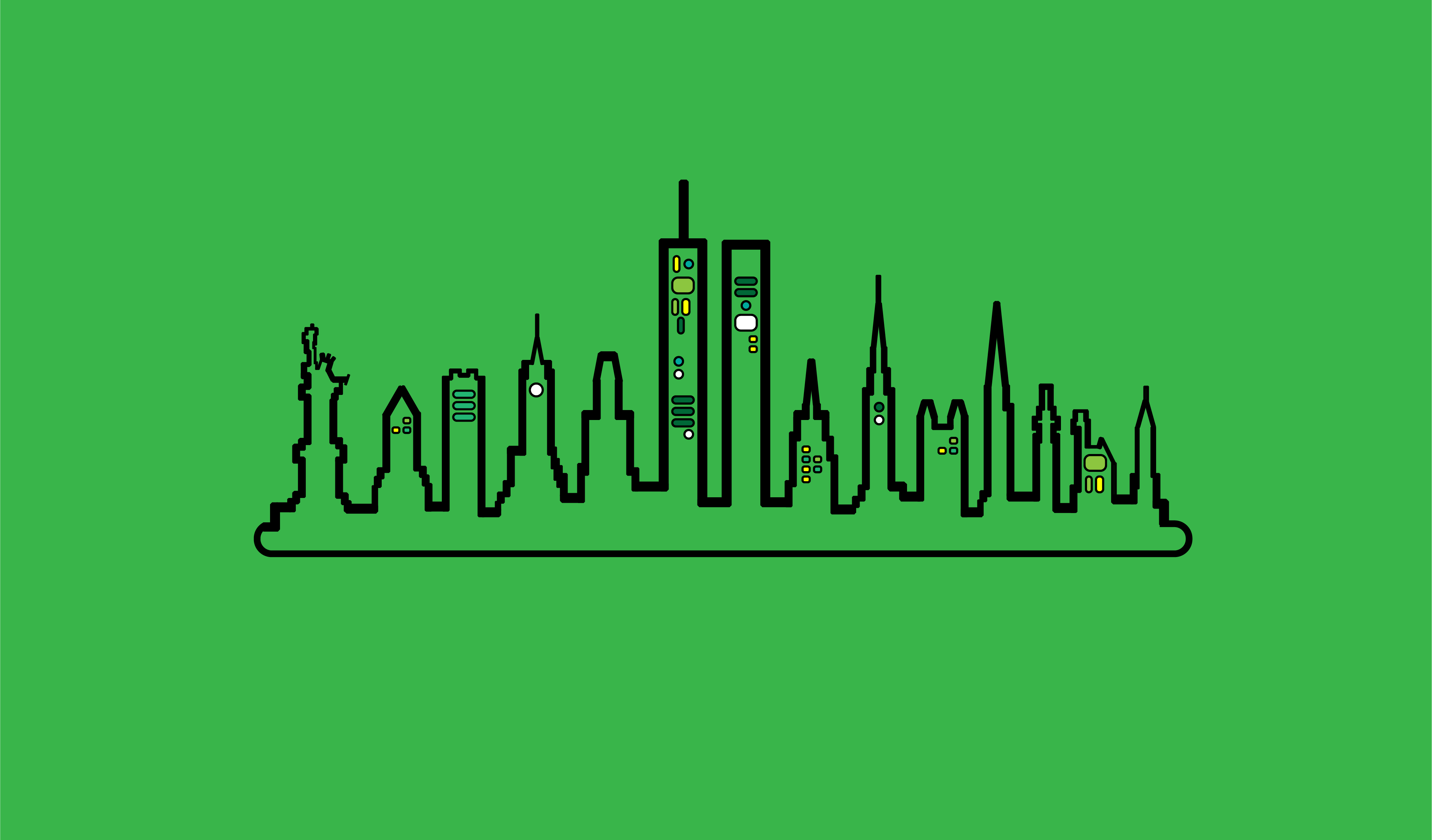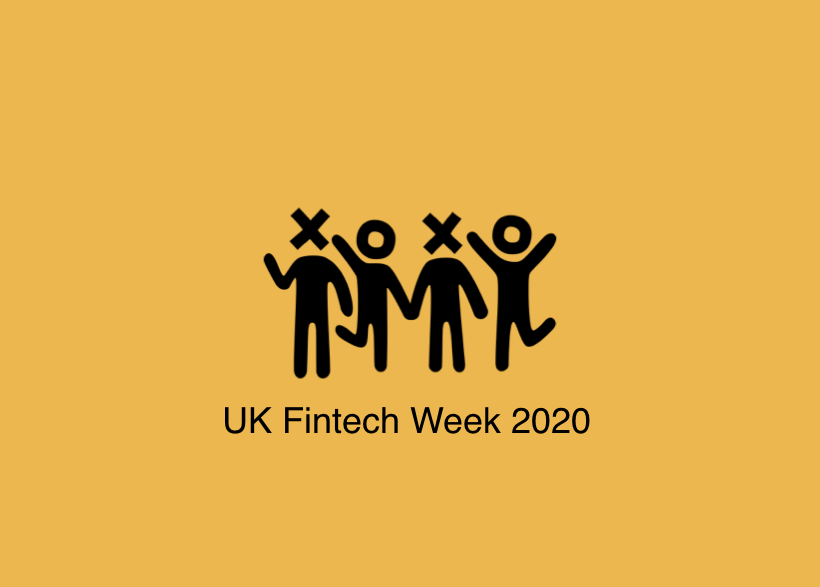Memories of September 11, 2001
15 years ago yesterday, I got to work at about 08:55. I normally arrived earlier but I had a dentist appointment that day. At the time, I was working on the trading floor of the Royal Bank of Canada, on Bay Street in Toronto. When I arrived in the large 350 persons strong gallery most were huddled around the televisions, which normally occupied the end of each row of desks.
One plane had already hit the north tower of the World Trade Centre (WTC), and my colleagues on the floor were confused and in shock. I distinctly remember the gasps and cries of horror as we watched the second plane hit the south tower shortly after 09:00.
I was working on the fixed income trading desk, and every day I’d speak to a few people in New York at the WTC. Jim from Canter Fitzgerald was always kind and cordial. I’d never met him in person but we had a habitual relationship, and always exchanged pleasantries and the occasional story. Canter Fitzgerald occupied floors 101–105 of the north tower and that frightful day, three-quarters of their workforce were killed, including Jim.
The markets were halted and because every bank was a perceived security risk, all noncritical personnel were sent home from work.
My mind was on my sister, who lived in Brooklyn and traveled up through Manhattan every day to her job in the Bronx. She was unreachable.
Thankfully, late that day my sister was finally able to get off Manhattan island and notify us by phone that she was safe. Sometime around 09:15, she had been on the uptown train passing next to the WTC, and was evacuated through the subway tunnels up to street level, a mere block away from the tumbling towers. She was side-by-side with the early evacuees from the WTC walking uptown while people fought for their lives in the burning buildings.
Several months after 9/11 I quit my job in banking to follow my passion for technology. I never felt comfortable in the banking culture. I always found it distasteful that many bankers idolized satirical characters such as Gordon Gekko. The banking industry was capitalism in its purest form, but at the time, I felt it lacked ethics. It was an insiders game. Making money for the sake of money — not for doing good.
By contrast, the technology industry appealed to me because it was open, creative and customer focused. It was inclusive and smart, rather than a game for the privileged few. My intuition was technology would transform the banking industry and in turn modernize its values.
These feelings have lingered with me throughout the years. They form the basis of my desire to change the banking world for the better. They are what drove me to found tomato pay as a way to support Small-Medium-Enterprises by connecting the financial ecosystem.
On this occasion, my thoughts are with the people who lost their life on September 11, 2001, along with their friends and relatives that survive them. As I reflect back on this day, which is so vividly etched in my mind, I’m struck by how it changed the geopolitical world in the 21st century, and how it also helped change my own trajectory.
Business doesn’t have to be zero sum game. We can help each other and collectively build a more egalitarian world. The democratization of finance is the ethos underpinning tomato pay. We believe in access (to knowledge), transparency (of data) and connectivity (to community).
15 years later these ideals manifest themselves in our product and business. We believe that through technology we can help rebuild the core values in the banking industry while building economic prosperity.



-3.jpg)


